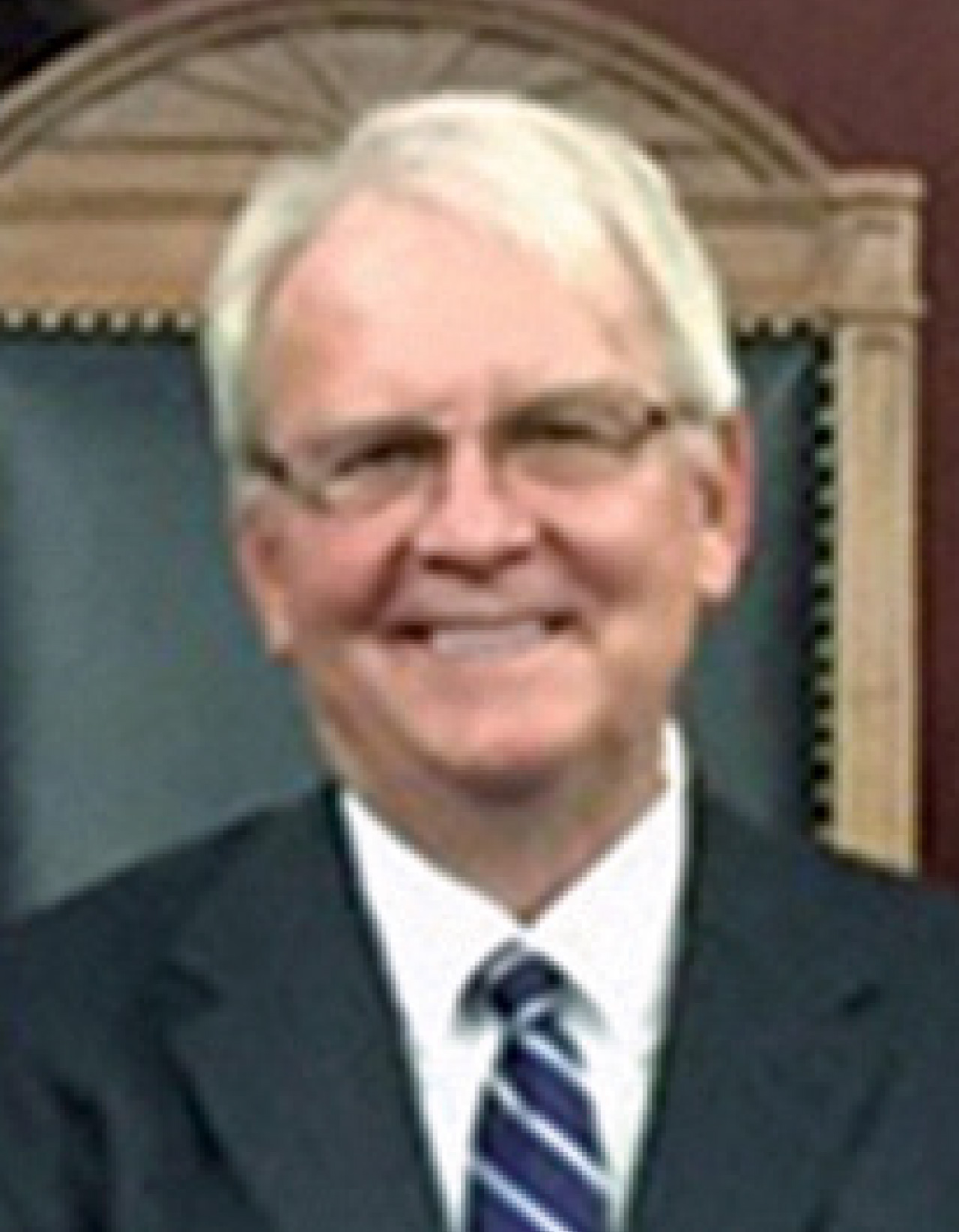 By Mike Napier
By Mike Napier
Attorney, Napier, Baillie, Wilson, Bacon
& Tallone, P.C.
The Phoenix Police Department is short on personnel. There are not enough officers. We can debate the cause and hear cross opinions, but the fact remains — officers are leaving the ranks. In the last four years, the number of officers has declined from approximately 2,859 in 2018 to approximately 2,583 by the end of 2022. This is not because the City of Phoenix actually defunded the police by cutting the police budget. Yet the clamor for defunding in some quarters has become one ingredient that has served to drain the respect, in large measure, out of the public’s perception of the job.
The fact is that the occupation is now considered by those who would suit up in the uniform as less attractive than other occupations. Officers have opted out and others are not forming recruit lines. It is a job in which you are more likely to be injured, commonly can’t bring the perpetrator to civil justice due to the Fireman’s Rule (which bars financial accountability), can not only get fired, but also go to jail for a split-second decision, and a job where once you were as good as the next good cop, now you are no better than the bad cop whose conduct rightfully disqualified him for the job. As PLEA President Darrell Kriplean has reminded us, it is with the broadest of brushes that you are painted. Like a Motherwell painting.
In this way, events in the past few years have altered the public’s perception of police officers, yet the degree of difficulty, amid the egregious acts of a few, in performing the job has only increased, as have the populations officers protect. Still, in many communities, officers, ill-equipped and not fully prepared, are expected to take the lead role in dealing with the mentally ill. Performance scrutiny has increased, as have the number of prosecutorial investigations.
How to Get the Officers Back — Restore Trust
To fix this, do not lower standards for qualifications to find recruits. That will, for obvious reasons, only perpetuate the problem of misconduct. Train your officers better than ever and don’t expect them to cope with the mentally ill for whom they have not been trained to the same level as a professional in the field. From the top down, in every respect, show and encourage respect for the vast majority of officers who deserve it. To the City leaders: Set the example for the community in your appreciation for all that the officers do for the community. This is a start to refind the acceptable level of police service and protection for the community.
The City has already embarked on another course to enhance the quality of police service — increase pay so that working as an officer in Phoenix will command pay that is no less than anywhere else. Were the remedy that easy, higher pay would be the sole answer. It is not. Another essential #10793 part of restoring police work so the City can find as many qualified officers as it needs is, during this shortage, to persevere, despite the conditions, in the hard work of the job. As officers have left in droves, the ones who have remained without the personnel support that they require for optimum safety try to be everywhere they are needed as fast as they are needed. And PLEA has supported the City through this crisis while staying the course on behalf of its members with its dedication to the communities’ charitable needs.
To stop the attrition and find qualified recruits, to relocate that respect, do not break promises, even if you are told you can, do not impose on police officers the crushing load of substantial attorneys’ fees awards, do not threaten to engage in unconstitutional searches and do not overload on the scrutiny of the officers’ work.
In this regard, the officers are mindful that the City has placed civilian review of aspects of the disciplinary process on top of the longstanding civilian review of discipline that already exists in Phoenix. In short, Phoenix, with civilians on the Disciplinary Review Board, with five civilians appointed by the mayor on the Phoenix Civil Service Board, a board with investigatory powers and with a civilian hearing officer adjudicating the appeal, already has a process that, once the discipline is administered, and even before, belongs to the community.
Presently, the people of Phoenix know that for the majority of calls, a wait is required. The City can eliminate that wait, but only if we get started now.
